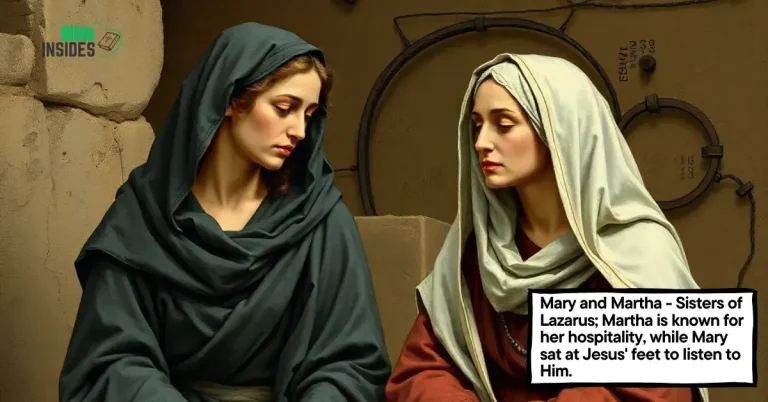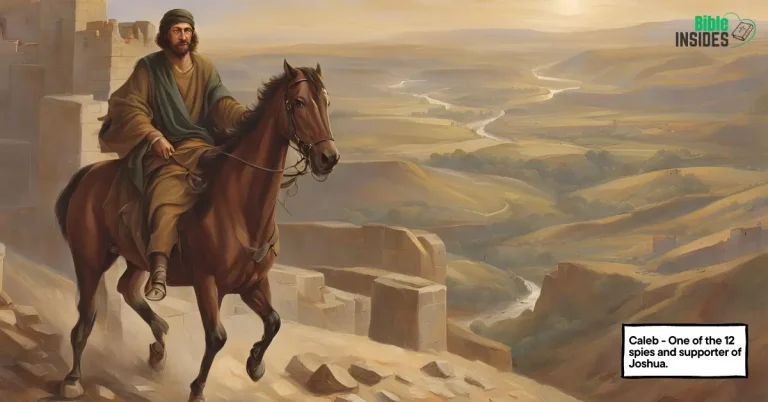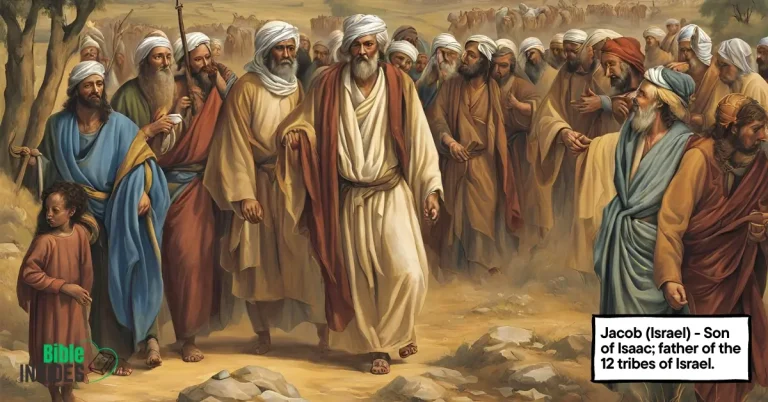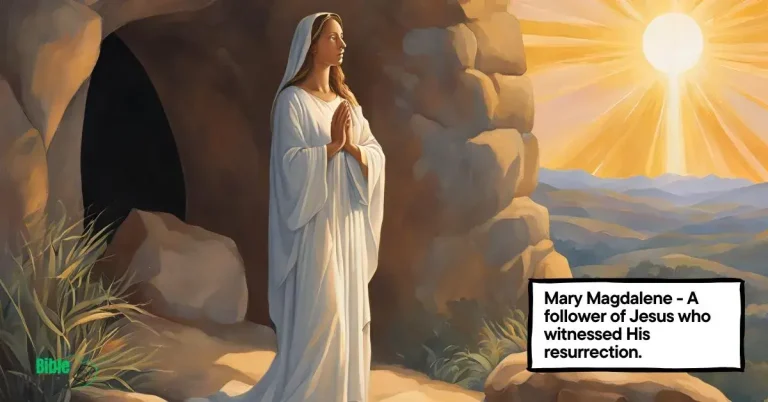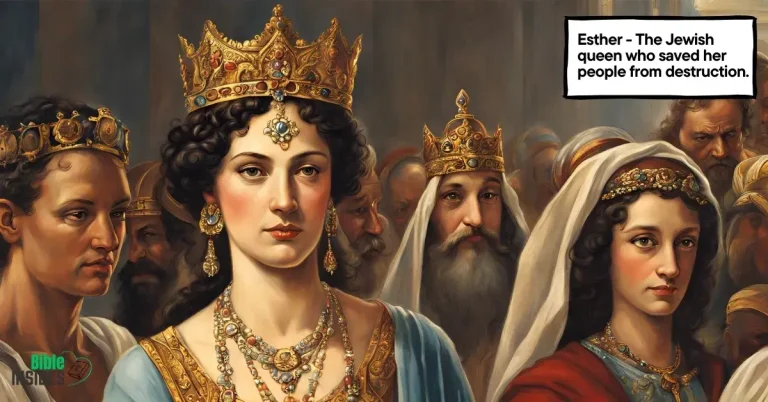Naomi: Ruth’s Mother-in-Law
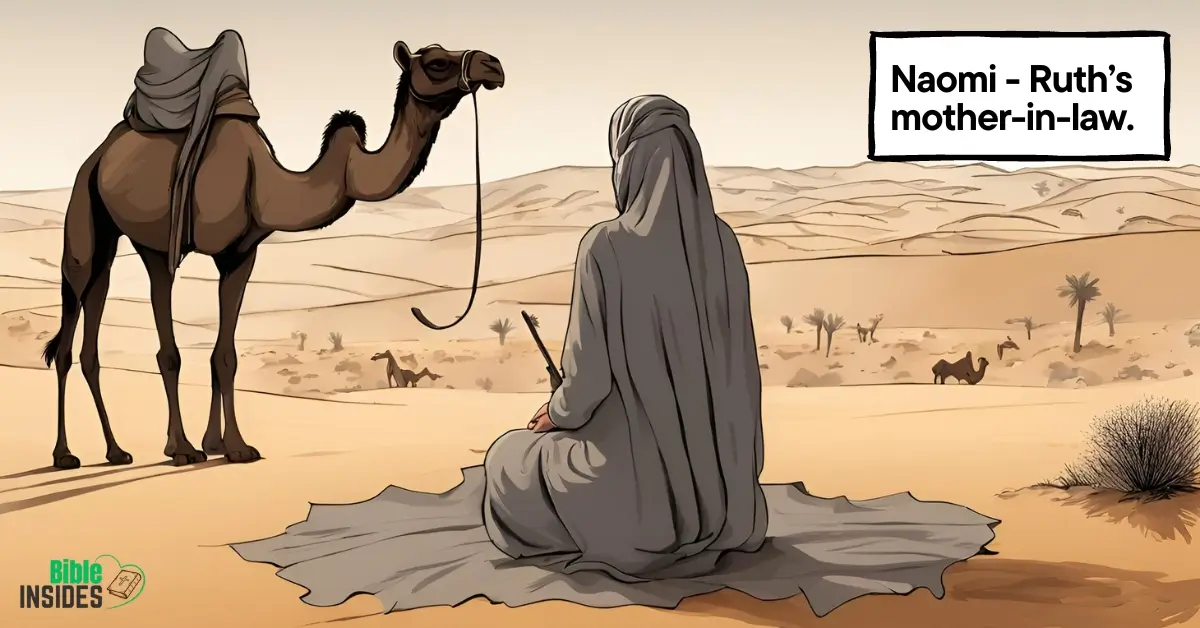
Naomi is mentioned in the book of Ruth in the Bible. Naomi living amide the period of judges. She was the spouse of the a man known as Elimelech and they resided in Bethlehem with their two sons named Mahlon and Kilion. Naomi’s life demonstrates the dignity of God to conducting anything good out of rancor situation. The meaning of the name Naomi is “Pleasant, Sweet” which explain us a notion of Naomi’s personality attributes.
Naomi gave her blessings to her daughters-in-laws Ruth and Orpah while she says them to return to their homes thus they might get new husbands, she kisses them and inquires that God treat benevolently with them. (Ruth 18:14)
However, her grief in Maob was more than Naomi could tolerate. When she and Ruth reach in Bethlehem, the woman of area embrace Naomi by name, yet she weeps,
“Don’t call me Naomi… Call me Mara, Due to the Almighty has contrived my life sever rancor I faded completely, but the Lord has prompted me back abandoned. Why call me Naomi? The Lord has burned me; the Almighty has invoked hardship upon me” (Ruth 1:20–21)
The name Mara menas “bitter or acrid”. The cup of grief is a sour cup, although Naomi recognized that the sadness emanated from God who is supreme in every thing.
Ruth greets a native proprietor, Boaz for gleaning in his field. Naomi states that:
“Lord has not ceased manifesting his mercy to the living and the dead” (Ruth 2:20)
Naomi stimulates Ruth to go to Boaz as he rested in the hay field with the aim of appeal that he sovereign her and her possessions. Naomi’s worry was for Ruth’s future that Ruth would acquisit a spouse and supplier. (Ruth 3)
Naomi’s sadness changed into happiness. Eventually, she acquires a son-in-law who would supply for both her and Ruth. In addition, she becomes grandmother of Ruth’s son, Obed. A woman of Bethlehem states to Naomi:
“Praise be to the Lord, who this day has not left you without a guardian-redeemer. May he become popular all over the Israel! He will recommence your life and support you in your old age” (Ruth 4:14)
Naomi was no more Mara as her life once more adorned sweet and joyfull, glorified by God.
Naomi in the Holy Scripture
Naomi is an eminent personality in the book of Ruth in the Holy Bible. She is Israelites woman living in Bethlehem in Judan who owing to drought migrates with her husband Elimelech and two sons to a adjacent country, Moab. Unlucky, Naomi suffered prodigious bereavement, her husband along with her two sons died, leaving behinds their wives Naomi, Ruth and Orpah as widows. Subsequent the calamity, Naomi comes back to native country Bethlehem as she awar of the end of famine there.
However, primarily both her daughters-in-law start the travelling with her, Naomi persuades them to go back to their own parents’ home in Moab. Ultimately, Orpah goes back, although Ruth denies to quit Naomi, exclaiming the renowned promise;
“Where you go I will go, and where you settle I will stay. Your people will be my people and your God my God” (Ruth 1:16)
Frequently, Naomi reminded for her participation in this narration of faithfulness, love and salvation. She is exhibited as a character of persistence and believe, guiding by her deep casualties and executing a eminent part in the ancestry following to kind David and eventually as stated in Christian custom to Jesus.
Naomi’s Meaning and Significance
Naomi name derived from Hebrew, is substantially concluded to mean “My delight or Pleasantness”. According to the Bible, Naomi herself asserts on the meaning of her name in emotional view upon coming back to Bethlehem. After suffering adverse calamity and deprivation, she says the vative people to call her, “Mara” meaning “bitter” despite of Naomi, contemplating her grief after the demise of her husband and two sons. This reciprocity of name’s meaning illustrates the conversion of her life’s circumstances and her insights of them. In the course of her misfortune, depriving her husband and sons, Naomi discern converse to her name.
Naomi’s Circumstances
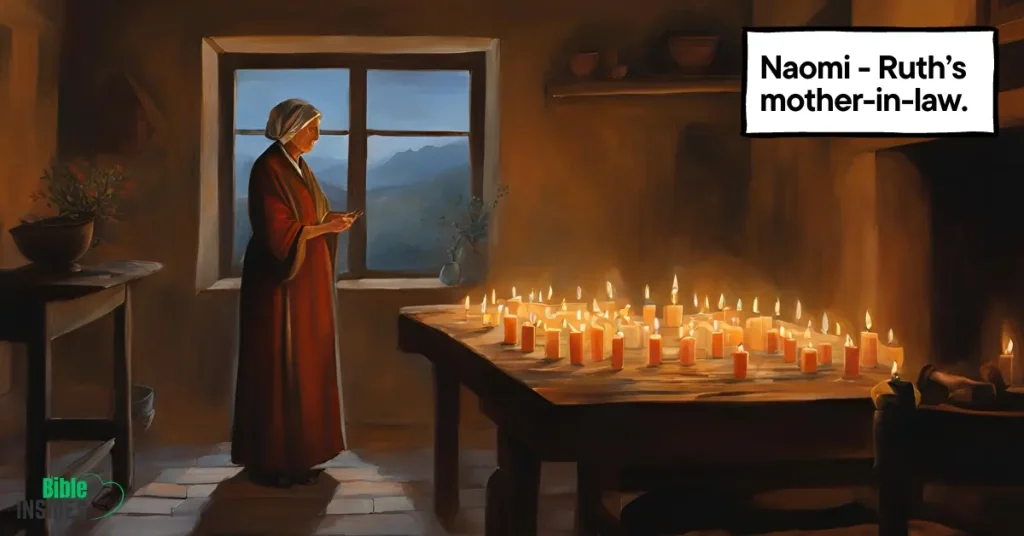
When the drought hits, Elimelech thoughts that it is better to migrate his family to Moab, which was a pagan nation famous for nothing acceptable in the Bible. Her sons culminated as wedding Moabites women, which was not assumed to happen. Her husband with his two sons dies and leave her and her dughter-in-laws widow. Naomi was in unknown land with dead husband and sons, having nonnative daughters-in-law. All her assistance is vanished. Naomi knows about the end of drought in the region and she determined to minimise her casualties and spend her days in her native land.
She commands an agonizing goodbye to her daughters-in-law. “Move on” is compulsory the lesson gives Naomi to theses ladies. Although, Ruth succeeds her back into her homeland. As states:
“Go back, my daughters; go your way, for I am too older to have a husband. If I should say I have hope, even if I should have a husband this night and should carry sons, would you therefore wait till they were matured?
Would you therefore abstain from marrying? No, my daughters, for it is tremendously resentful to me for your sake that the hand of the LORD has gone out against me” (Ruth 1:12-13)
She says that there is no chance of Elimelech’s line to proceed as it finished. There is no one to marry Ruth.
Naomi’s Motivation To Ruth
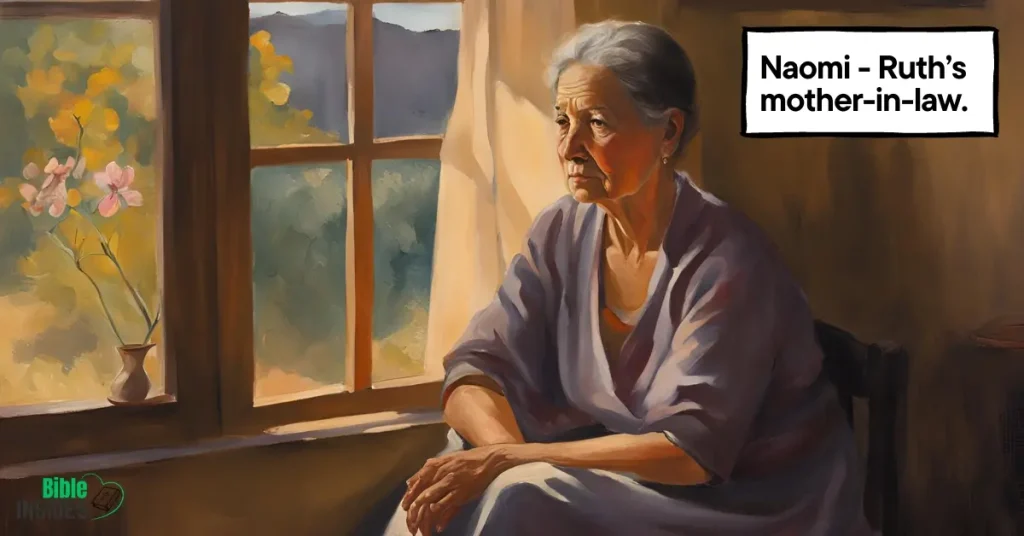
While Naomi and Ruth living in the Belthlehem, they need food to sustain, so Ruth begins to find out the work in the fields of a land owner named Boaz. He is among the descendants of Naomi’s husband as redeemer. Naomi encourages Ruth to go to threshing floor to ask Boaz to be her redeemer and provider. Boaz accepted her appeal and announced publicly Ruth would be his wife. Boaz in marrying Ruth, assisted in maintaining Elimelek’s family and play a role in the lineage of Jesus, the eventual kinsman-guardian.
Frequently Asked Questions
Conclusion
Naomi’s character was exceptionally powerful, beside her believe. She was a amazing mentor, a mother that assisted not only her sons but daughters-in-law, and we can see that this woman observed the laws of her country. She awerd of the rights of land owners and that a man from her country could protect her. She is the symbol of courage, faithfulness, and patience.

